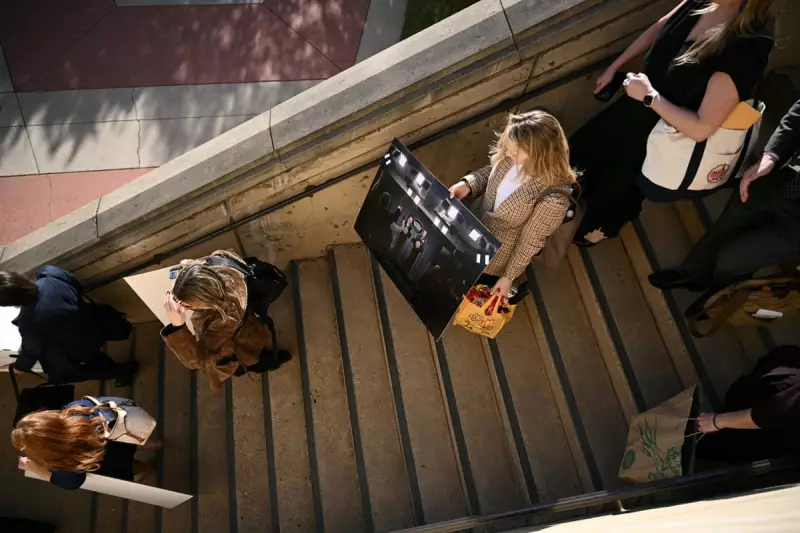
The hallways of the Pentagon, once bustling with journalists chasing stories, have fallen silent under sweeping new restrictions imposed by the US Defence Department. In a move that has sent shockwaves through Washington's media landscape, the Pentagon press corps finds itself largely locked out of the building where they've worked for decades.
A Sudden Lockdown
Reporters who have covered defence matters for years arrived at work recently to discover their access privileges had been abruptly revoked. The new policy effectively bars them from moving freely through the building, conducting spontaneous interviews, or developing the crucial sources that have long been the lifeblood of national security reporting.
"It feels like we're being treated as outsiders in our own workplace," one veteran defence correspondent told The Guardian. "The ability to bump into officials in the hallway, to have those informal conversations - that's where some of our most important stories begin."
The Official Justification
Defence officials claim the restrictions are necessary security measures, citing the need to protect classified information and ensure operational security. However, journalists counter that these concerns are being used as a pretext to limit scrutiny and control the narrative around military affairs.
The new rules represent a significant escalation in the department's approach to media management, transforming what was once one of Washington's most accessible government buildings into a fortress against press inquiry.
Broader Implications for Democracy
This crackdown comes amid growing concerns about press freedom worldwide and follows similar moves by other government agencies to limit journalist access. The Pentagon press corps has historically played a vital role in holding the military accountable, breaking stories about everything from procurement scandals to battlefield conditions.
Media advocacy groups have condemned the restrictions, warning that they undermine the public's right to know about defence matters that involve billions in taxpayer money and decisions of life and death.
As one journalism professor noted, "When you can't watch the watchers, democracy suffers. The Pentagon isn't just any government building - it's the headquarters of the world's most powerful military, and the public deserves to know what happens inside."





